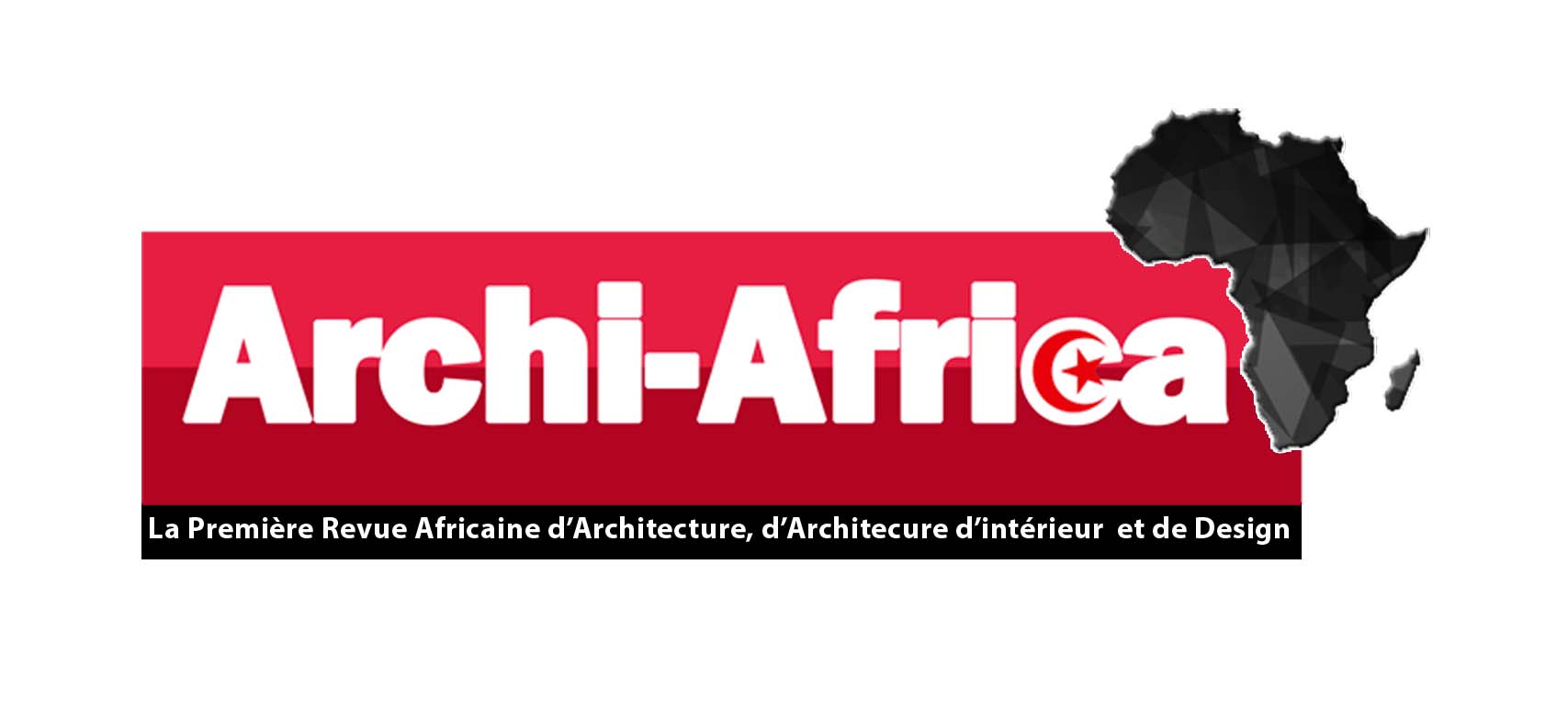TICAD 8 :Tunisia & Japan : Energy Transition for Africa
The main feature of the webinar, an official side event of TICAD 8, will be the panel discussion on the current situation surrounding the adoption of renewable energy in Africa and prospects for promoting energy transitions. Government officials from African countries that have some of the highest potential for renewable energy in the world will be invited to hold a wide variety of discussions on the situation and direction of future initiatives in their own countries and regions.
As an introduction, IRENA will deliver a lecture on joint efforts it is working on toward achieving energy transitions in Africa mainly to renewable energy, and on the results of analyses that will be the key to the renewable energy market in Africa.
After the panel discussion, companies from Japan and Africa will give presentations on their initiatives related to renewable energy and energy transitions in Africa.
The development projects presented by the Tunisian government are part of a short and long term strategy whose general objectives are development, infrastructure, health, education, innovation, protection of resources and ecosystems. , the monitoring of environmental conservation, the improvement of the living environment of the population and the implementation of plans relating to climate change.
The pursuit of these objectives involves carrying out a series of projects under the sign of reforms aimed at establishing a fairer and more open society. The Tunisian government has emphasized the commitment to pursue the reforms necessary to create the right climate for economic recovery and to encourage national and foreign investment.

Among the flagship projects that will be proposed during Ticad 8, infrastructure receives special attention. Thus, the highway linking Bousalem to the Algerian border aspires to link Tunisia to the rest of the Maghreb countries, the economic corridors aim to reduce inequalities between regions through the development of road infrastructure, the bridge linking the island from Djerba to the mainland at Al Jorf, the creation of a Tunisian-Japanese-African training academy in terms of quality infrastructure, the free zone of Ben Guerdane or the platform of the production market society of Centre, are among the structuring projects that will shape the new face of Tunisia.
On the technological level, Tunisia, which is the first innovative economy in North Africa renowned for the quality of its digital infrastructure and 3 rd in Africa which has an unprecedented technological concentration on the African continent, aspires to design, build and launch a Tunisian IoT nano-satellite and promote cooperation with Japan in this field.
With multiple projects oriented towards improving the environment, the Tunisian government is considering the construction of a complementary water treatment plant from the Gabes wastewater treatment plant with a capacity of 6,000 cubic meters, a treatment and recovery unit for household and similar waste in Mahdia, the construction of a treatment and recovery unit (UTV), the creation of a recycling unit for used batteries with a view to eliminating dumps wildlife in the governorates of Mahdia, Monastir, Sousse and Kairouan which represent a real environmental problem given their proximity to tourist areas and wetlands.

On another level, the project to create an SME financing bank is a new financial mechanism that Tunisia intends to deploy to meet the liquidity needs of companies in order to guarantee stable and continuous production, especially in the turbulent economic context that endure these companies following the health crisis.

In order to support the country’s capacities in the prevention, preparation and response to disasters and crises, the creation of a national monitoring and crisis management center aims to improve the capacity to detect these crises and to manage them properly.
Attracting African students with a view to further consolidating the internationalization of Tunisian universities, and this, on the basis of objective indicators concerning international cooperation programs, external financing, mobility of professors between Tunisia and abroad is a new niche to mobilize new revenues. This program will also contribute to strengthening the own and external resources of Tunisian universities and establishes a new structure capable of giving greater importance to international cooperation activities and works to improve the assets of attracting foreign students. Develop an integrated strategy on the effective and efficient use of technology platforms.


To support the capacities and skills of Tunisian and African youth in the field of astronomy and space, by harnessing science, technology and innovation to achieve the Sustainable Development Goals in all African countries in an area related to human development and its importance in the present and the future, the Tunisian government intends to set up, within the framework of the Tunisian-Japanese partnership, an astronomical observatory for education and research.
Improving the quality of the training offer, capacity building and transfer of knowledge and Japanese technology, strengthening triangular cooperation between Tunisia, Japan and Africa through restructuring of the Sectoral Center for Training in Electrical and Electronic Industries (Csfiee) in El Omrane aims to implement new areas of training.
The creation of a Technology Watch Unit for data analysis and applied research in learning and education aims to collect, store and analyze data produced by the various systems platforms. information and education platforms and all other data sources. It also consists of installing systems using algorithms and techniques allowing computers to acquire the learning characteristic “Machine Learning” and “Deep Learning”, in order to provide learning solutions reserved for students and teachers, and this, through the monitoring of the learning and education operation at the individual and collective levels and the improvement of the achievements of the pupils in order to reduce the rate of school interruption.
Project of the Sports City of Sfax
The project consists of a sports complex which consists of a football stadium with a capacity of 40,000 spectators and 3 training grounds, a multidisciplinary hall with a capacity of 6,000 spectators, a rugby stadium with a capacity of 500 spectators, an athletics stadium with a capacity of 500 spectators, an outdoor swimming pool and an accommodation center with a capacity of 250 beds as well as the construction of a higher institute of sport and physical education in Gafsa.
Agriculture
The integrated management of sedimentation in the basin of the Sidi Salem dam and the protection against flooding of the Medjerda downstream from the Sidi Salem dam to the Laâroussia dam, aims to reduce sedimentation and the loss of the storage capacity of water in the Sidi Salem multi-use dam, which will guarantee the supply of drinking water, irrigation water and electricity for an additional period estimated at 100 years. The project also reduces the extent of flooding and limits potential damage to Madjerda riverside regions and towns downstream of the dam.
The rehabilitation and redevelopment of the fishing port of Sfax, the establishment of development programs for the fishing sector and related activities related to the blue economy (income-generating activities) will promote an eco-Port model and a blue growth (Portop).
For its part, the smart-agri Practical Platform equipped with cutting-edge technology for the development of links in horticultural value chains, will strengthen the capacities of teachers/trainers and offer innovative training adapted to market needs and allowing mastery and transfer of technical packages, with introduction of new technologies and marked improvement in the attractiveness of agricultural specialities.

Tourism
Taking into account the need of the tourism sector in Africa for the development of this industry and the strengthening of its competitiveness at the international level and with a view to contributing to sustainable development at the national level through support for investment in tourism and the financing of tourism development projects in African countries, it is important at the level of Ticad to propose and with the cooperation of the AfDB to create a tourism investment fund for African countries
The creation of a Tunisian-African center for training in the tourism and hotel trades will have the mission of training and developing African skills in the tourism sector in all specialties, whether modern or traditional.


Industry and energy
The creation of the African Accreditation and Certification Center aims to train African trainers and experts in accreditation and certification. The training plan will be established according to an annual schedule of training cycles on international standards in the following areas: analysis, testing and calibration laboratories
— Creation of an African center for quality and productivity
Creation of a Center for the improvement of quality and productivity in order to ensure the sustainability of economic activity and to contribute to the improvement of the competitiveness of national enterprises
The center extends its influence on the African continent.
The African Green Fund for Energy Transition aims to promote investments in the fields of energy efficiency and renewable energies in the African continent and represents a source of financing for African countries with a view to supporting them in the energy transition in the framework of complementarity between the countries of the continent and in harmony with other African initiatives.
State domains and land affairs
The project to digitize the land property archives and guarantee the sustainability of the land property documentary fund, guaranteed through the digitization and secure storage of the information constituting the land property documentary fund.

31 Rue Silly, Billancourt-Boulogne 92100, Paris, France
E-mail: Contact@Archi-Africa.com / Tél: :+33 (0) 7 55 06 49 19
Abonnez-vous à notre newsletter
Copyright© 2019 - Tous droits réservés pour - I-Archi - Archi-Africa
